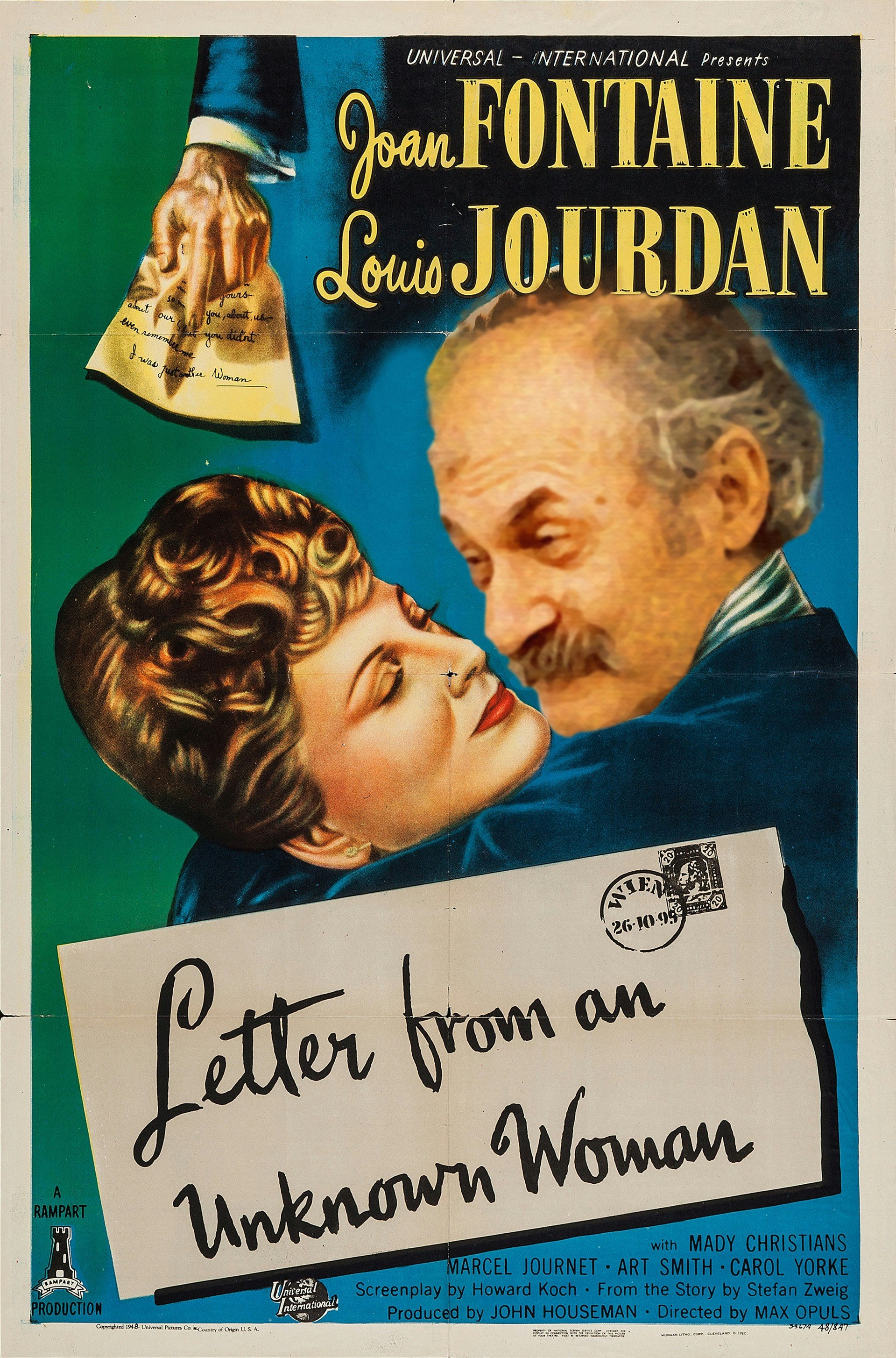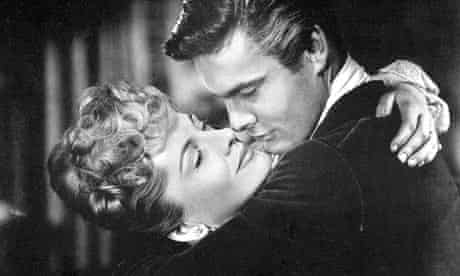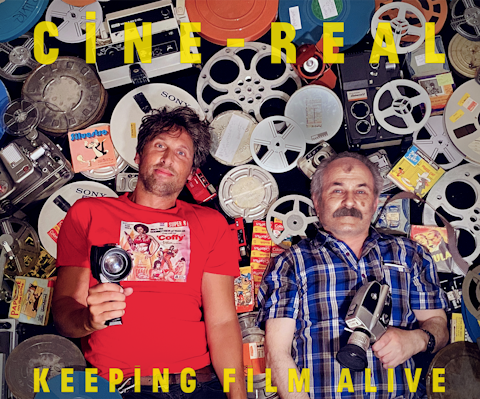LETTER FROM AN UNKOWN WOMAN (1948)
LETTER FROM AN UNKOWN WOMAN (1948)


You should never take memory for granted. After all, remembrance is not a reliable scientific process helping us to understand the past. It can be simply the projection of our wishes, the thing that has made us walk crookedly all these years when we believed we were upright and straightforward.
Take Letter from an Unknown Woman, made by Max Ophüls in 1948, and now brought back in lustrous restoration by the BFI. You should see it, of course, just because it is Ophüls, because John Houseman produced it and Howard Koch adapted it from the Stefan Zweig novella. These are all first-rate contributors – then there is Franz Planer, who shot its Vienna of 1900; there is Travis Banton, a drunk on the slide, fired by Paramount and Fox, but able to design one more great costume picture. And the film has Joan Fontaine and Louis Jourdan in the leads – they are good, of course, but they seem to have switched roles. When I first saw the film – at eight, I suppose (too young, but my mother had taken me) – Fontaine was emphatically the lead. It was a film about her, Lisa (or about my mother and me). Now I can see that it's a movie about Jourdan's character, Stefan Brand.
Lisa lives with her mother in Vienna in an apartment in a courtyard of flats. She is 16 and Banton does miracles to make Fontaine (actually 30) feel that age – but all the clothes he gives her are just adornment to her complete embodiment of a helplessly romantic teenager. A man moves into another flat in the courtyard – Stefan, a concert pianist, handsome, vain, self-centred. And Lisa falls in love with him from a distance, the kind of uncritical love that appealed to a boy of seven or eight.
But Lisa's mother finds a second husband. The new family moves to Lind, to Lisa's chagrin. So as soon as she is old enough, she goes back to Vienna and gets a job modelling in a clothes shop. She hangs around near the old courtyard until Stefan notices her. He is at a crisis point, one she identifies. He has had too rapid a rise as a pianist but he knows it came too easily. His music has not found itself yet, and if it counts on his character rescuing it, then it may be lost. Decadence and repetition are creeping into his act.
He does not remember Lisa, the kid. But he takes up the young woman, and in a beautiful, prolonged nocturnal sequence he woos her – and begins to find himself – before taking her back to his apartment, in her old building, for the one thing he measures women by. There is a brief affair but then he has to go off to Milan for a concert. He will be back in two weeks, he says. She is at the station to see him go, in agony. He forgets her again, and she never tells him she is pregnant from their romance. She does not hold it against Stefan. But she finds an older man – decent, honourable and interesting – who will marry her and who longs for her son to call him "Father".
In 1948 or 49, whenever my mother took me to see the film, I fell in love with it as our picture on the wall. The boy sleeps in the mother's bed, and he yearns to have a father. I understood those things – you see, the film was unsuitable for me, yet a key to understanding. And I saw Joan Fontaine as a breathtakingly classy and dream-like version of a perfect mother – why not? Movies were made like that in 1948. Well, one evening at the Magic Flute, Lisa and her husband see Stefan. He has changed; there is grey in his black hair. He is now the former pianist – a man of the world and many affairs, a glib piano-player who hardly plays, a wastrel. In Louis Jourdan's performance, I notice how his way of talking has changed. The younger Stefan was boyish, eager and open. Ten years later, the man is filled with self-loathing and fake ironies. But Lisa cannot see this decline – or if she does, she cannot see any other course than try to rescue the man.
She offers herself to him again – but he can't remember her. This is tricky to manage in a movie where the imagery is so immense and so radiant and the action is only 90 minutes. But Jourdan does it very well. He is fuddled. He uses other people so much as mirrors that he does not notice them for themselves. It is clear that he is entirely unworthy of her adoration or infatuation.
I won't tell you how the story ends – that would be unfair, though I think if you see the film afresh now, you will feel that the melodrama is a little heavy-handed at the end. But we have known all along that Stefan's perilous thin-ice life has let him be challenged to a duel, and we gather that he is not expected to survive. Indeed, he plans to be away before dawn – he has a manservant (played by Art Smith) vital to the whole story. His escape is only prevented because he receives a long letter, a letter from an unknown woman. When he starts to read it, the story it contains dooms him.
This was always a Hollywood film, produced by William Dozier, who was married to Joan Fontaine at the time. No matter that the story concerns a pianist, it has a lavish score (by Daniele Amfitheatrof) making ample use of the plaintive solo violin that tells your heart to be ready to break. The "Vienna" is well rendered – as befits Alexander Golitzen, the head of design at Universal at the time.
The chief problem now in watching the film is how Fontaine's heroine has dated. Her infatuation with Stefan is not just for him but for the whole scheme of infatuation. Neither does it have any back-up in a portrait of Lisa that knows her neurotic problems, her unduly sheltered life or her vibrant sense of unreality. There may have been women as infatuated in Vienna in 1900, in the world of 1948, or in 2010. That doesn't help the way in which the character now comes across as feeble or empty-headed. She is prepared to surrender her imagination to Stefan now in ways that strike us as archaic and disastrous. Surely the woman at the end has seen through his masquerade. Surely she has more on her mind than to be his adoring victim.
Fontaine was widely praised for her performance at the time – for the ease with which she goes from the kid to a sophisticated woman. But the performance looks posed and mannered now, as if a mother was absolutely confident that she played with her young son, and that he swallowed her idealised but destructive version of what love is. The mother and son do not come out of the experience well – to put it mildly. And in part, that's the foolish dictate of melodrama. The whole thing needs a different ending, one in which the son might see the mother's stupid error.
But that's asking for a lot. So Fontaine has to be taken carefully now. But Jourdan's lothario has improved beyond belief. Jourdan was actually two years younger than Fontaine – I wonder if he dared tease her. But both of them had been put under contract by David O Selznick (Jourdan had been in the resistance during the war) – and thus they were loaned out for Letter from an Unknown Woman.
Fontaine flourished briefly. She was outstanding as the "I" figure in Rebecca, just missing an Oscar. But then the Academy caught up with her on Suspicion. She was a romantic lead until the mid-50s, but not much longer, and she was – is – the sister of Olivia de Havilland.
Louis Jourdan did less well: he was the groom in Hitchcock's The Paradine Case and Rodolphe, opposite Jennifer Jones, in Madame Bovary. Ten years later, he had a hit as the man in Gigi. And here's the remarkable thing: he and Fontaine are still alive – aged 92 and 90. Stefan Brand was his great performance – filled with self-hatred and unease – but I'm sure in 1948 he guessed he would be hardly noticed next to Fontaine. I talked to Jourdan once; he was a very handsome man still at 70, intelligent, hushed and somehow broken – he had had a son who had killed himself. I think he knew reasons for being out of love with himself. But of course, in 1948, there was only one place to be in a film – that was "in love", so any idiot in the audience could be swept along on the glib music.
David Thomson, 2010
